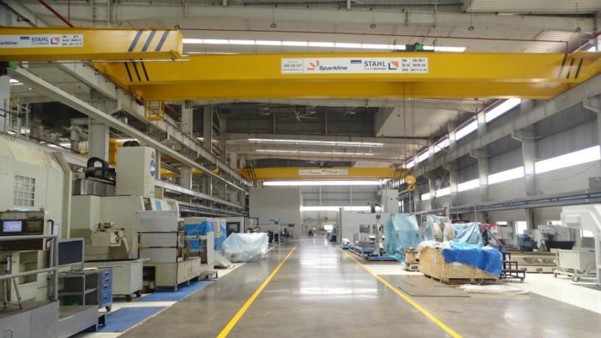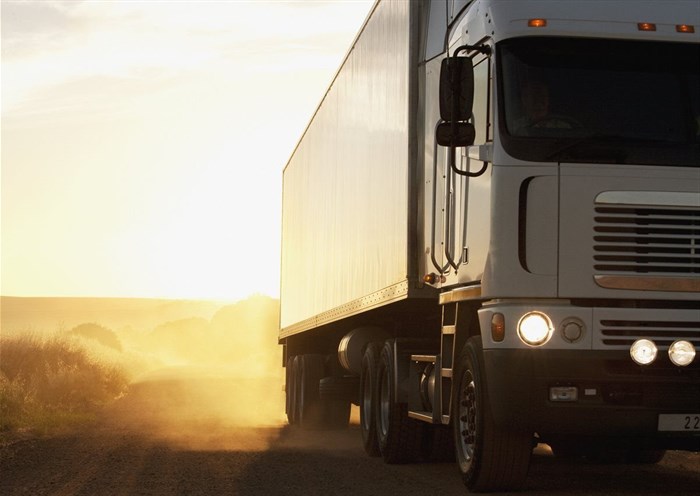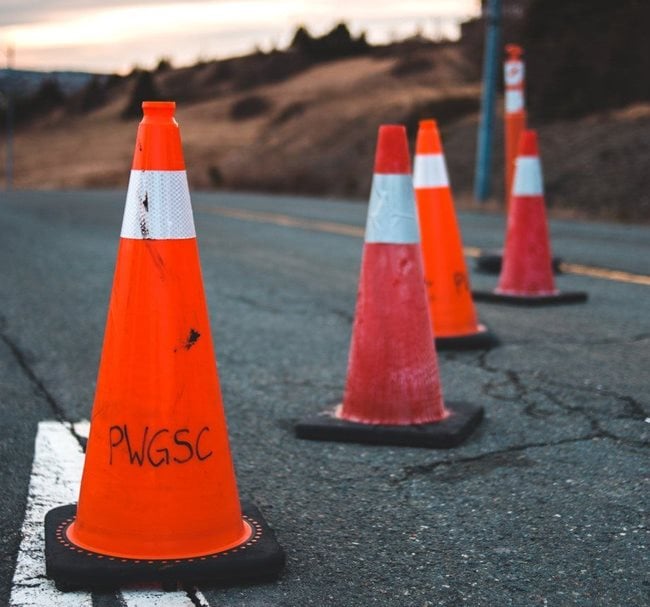The Abrams P-1 Explorer
was an American purpose-designed aerial photography and survey aircraft that first flew in November 1937. The Explorer was designed by aerial survey pioneer Talbert Abrams, to meet his needs for a stable aircraft with excellent visibility for his work. Abrams was an early aerial photographer in World War I. He used a Curtiss Jenny post-war, forming ABC airlines. In 1923, Abrams founded Abrams Aerial Survey Company and in 1937, Abrams Aircraft Corporation to build the specialised P-1 aircraft.
At the time the standard single front-engined airplane of this era had many drawbacks for carrying out scientific photography. Abrams designed an aircraft with a rear engine to keep the camera apertures clean and reduce cockpit noise and used a delta type wing to facilitate side vision. He hired engineers Kenneth Ronan and Andrew Edward Kunzl, in Marshall, Michigan, who drew plans and began construction in the former Page Brothers Buggy Company factory.
To create the clear nose so the pilot had an unobstructed view, Abrams hired the German company Rohm and Haas, creators of Plexiglas. With a wooden model of each windowpane, the Plexiglas was clamped in a frame similar to a window frame. Heated until it began to sag, it was then pushed down by two workers holding the frame until it was moulded to the wooden model. The Plexiglas could then be trimmed and mounted in the framework. When the Explorer came back for restoration, the panels which had been heated were as clear as when new, though were destroyed due to abuse during disassembly.
The Explorer was a low-wing aluminium monoplane with twin booms and a central nacelle for the pilot and camera equipment. The pod’s nose section was extensively glazed in Plexiglas. The undercarriage was fixed and of tricycle configuration. Originally powered with a 330 hp (250 kW) engine and a two-bladed propeller, it was sent back to Ronan and Kunzul to increase the horsepower to 450 Hp. This change required braces to be added from the wing top to the fuselage and they added a three-bladed propeller, with Abrams hoping the increased power would attract a buyer.
World War II interrupted Abrams’s work and the single aircraft built was placed into storage for the duration of the war. Obsolete by the end of the conflict, it was donated to the US National Air and Space Museum in 1948, where it remains today awaiting restoration. In 1968, a group of aviation enthusiasts began a project to restore the Explorer, including Jim Linn, who worked at Abrams Aerial Survey, Ron Dietz, a student pilot and engineer at Oldsmobile Division of General Motors and Ellis Hammond, President of the Michigan Aerospace Educational Association. They worked with Don Lopez, the Assistant Director of the Smithsonian’s National Air and Space Museum to release the aircraft and in January 1975 the Explorer was transported in a Michigan National Guard Lockheed C-130 Hercules to the Capital City Airport in Lansing, Michigan.
The aircraft was moved to a state-owned hangar, where Dietz carried out careful photography before any disassembly was undertaken, as well as detailed tracings of all the lettering so it could be recreated accurately at the end of the project. The wings were sent to Montcalm Community College, where they were stripped, cleaned, repainted and recovered with silver painted fabric. The instruments panels and controls were disassembled and restored by Dietz’s colleagues at Oldsmobile.
The aircraft was physically moved to the Lansing Community College aviation programme. However, the restoration attempt was never completed; in 1981, the Lansing Community College truck driving school returned the plane to the Paul E. Garber Preservation, Restoration and Storage Facility of the Smithsonian, where it remains today.
Those persons who correctly identified this week’s mystery aircraft: Brian Millett, Ahmed Bassa,
Bob Gurr, Rennie van Zyl, Righardt du Plessis, P. Rossouw, Colin Austen, Wouter van der Waal, Hilton Carroll, Michael Schoeman, Alf Ljundqvist, Jan Sime, Selwyn Kimber, Pierre Brittz, Peter Gilbert, Ari Levien, Willie Oosthuizen, Brian Spurr, Mickey Esterhuysen, Danie Viljoen, Erwin Stam, Simon Tladi, Steve Duley, Gregory Yatt, Zack Fourie, Rex Tweedie, Andrew Peace, Kevin Farr, Andre Breytenbach, Lance Williams, Steve Dewsbery, Marcel Nijdam, Bruce Margolius, Lodewyk Schuermans, Dave Lloyd, Danie van der Merwe, Paul Randall, Roland Fisher, Johan Venter (39).









 Seepex has an installed base of more than 210 000 pumps. – Image: tang90246/Adobe Stock.
Seepex has an installed base of more than 210 000 pumps. – Image: tang90246/Adobe Stock. Kirloskar Brothers Ltd’s new Advanced Technology Product Division. –
Kirloskar Brothers Ltd’s new Advanced Technology Product Division. – – Image: Péter Mács/Adobe Stock.
– Image: Péter Mács/Adobe Stock.













